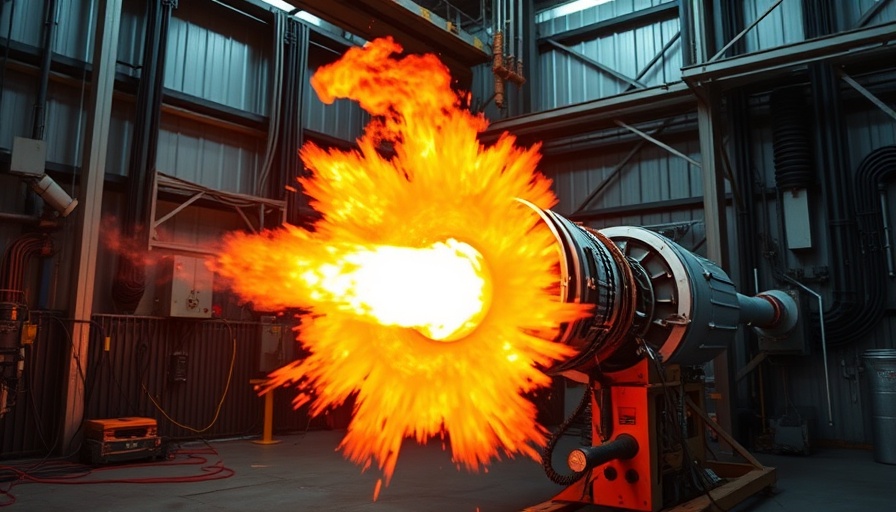
SPAC Challenges in a Crowded Market
The impending acquisition of Innovative Rocket Technologies Inc. (iRocket) by BPGC Acquisition Corp. presents a fascinating case study for the world of special purpose acquisition companies (SPACs). Aimed at a public valuation of $400 million, the deal is precariously positioned as the SPAC has returned nearly all of its capital to investors. This situation raises eyebrows about the sustainability of such business maneuvers, especially in a sector marked by fierce competition and evolving technological landscapes.
Declining Financial Health of SPACs
Since its initial public offering (IPO) in March 2021, BPGC Acquisition Corp. has seen its cash reserves dwindle from an impressive $345 million to merely $1.6 million, following extensive shareholder redemptions. This decline came after the company failed to secure a target by the end of September 2024, prompting extreme measures to return funds to anxious investors. The decision to move forward with the acquisition despite these financial constraints is perplexing and indicative of the volatile climate surrounding SPAC investments.
iRocket: The Underdog Startup
While iRocket was once a poster child for innovation within the space launch arena—backed by notable investors from Village Global, including billionaires like Bill Gates—it has struggled to keep pace with competitors such as Firefly and Stoke Space. With only a fraction of venture funding compared to its rivals, and no test flights of its launch vehicle, Shockwave, the company faces steep hurdles. Nonetheless, its engine's potential for reusability and rapid turnaround times could offer a competitive edge, if successfully developed.
The Competitive Landscape
The race in the small satellite launch sector has intensified, with companies like Rocket Lab establishing themselves as formidable players by successfully carrying customer payloads into space. As of 2023, the market is saturated with launch vehicles capable of carrying similar payloads as iRocket's Shockwave. For this reason, the odds seem stacked against iRocket in a deal that many analysts might view as high-risk. Stakeholders will be closely watching to see if iRocket can prove its mettle in this rapidly changing industry.
Future Trends in Space Technology
As space technology continues to evolve with increasing public and private interest, the dynamics of investing in such ventures will also shift. iRocket’s journey sheds light on broader trends that will likely shape the foreseeable future of space exploration technologies. Investors are becoming more discerning, shifting focus from mere potential toward performance metrics and proven results.
What This Means for Investors
For current and potential investors, understanding this SPAC deal requires a careful evaluation of both the risks and rewards. SPACs often appeal to investors seeking quick returns in high-growth sectors, yet this acquisition emphasizes the importance of due diligence. As highlighted by iRocket's precarious position, the emotional pull of innovation can sometimes lead to regrettable financial decisions.
The Takeaway
Moving ahead with such a cash-strapped acquisition speaks volumes about the sheer uncertainty surrounding SPACs and the companies they look to take public. This scenario serves as both a lesson and warning to stakeholders in the tech sector. As the landscape continues to shift, clarity and strategic foresight will be paramount.
 Add Row
Add Row  Add
Add 



Write A Comment